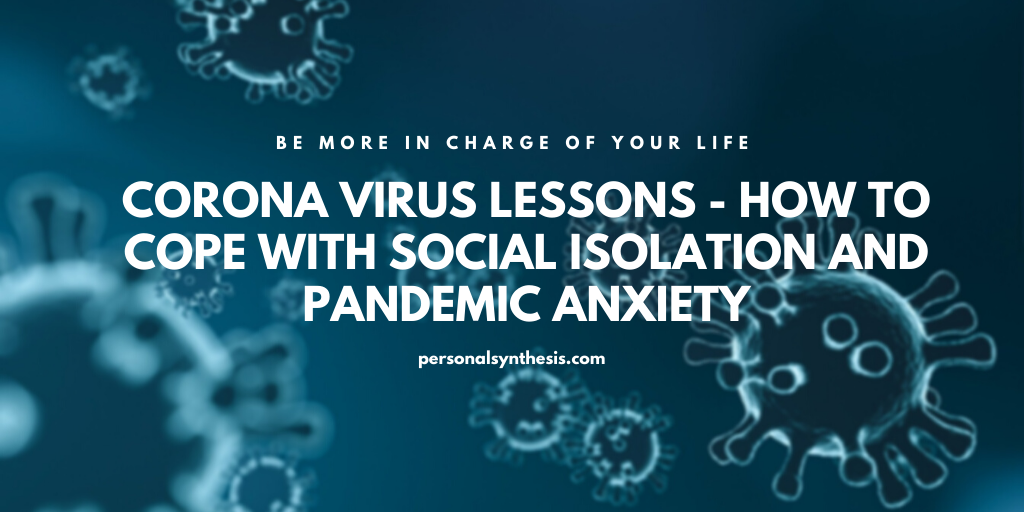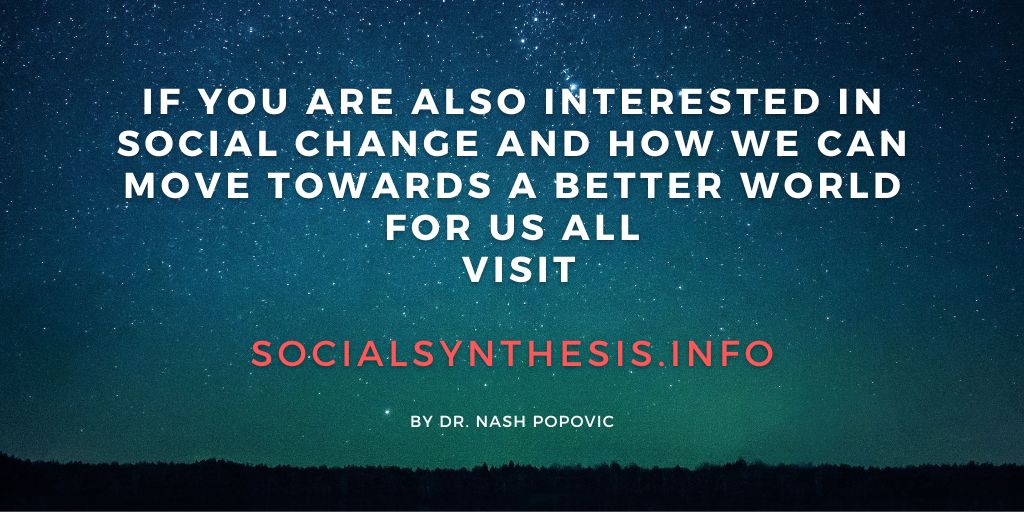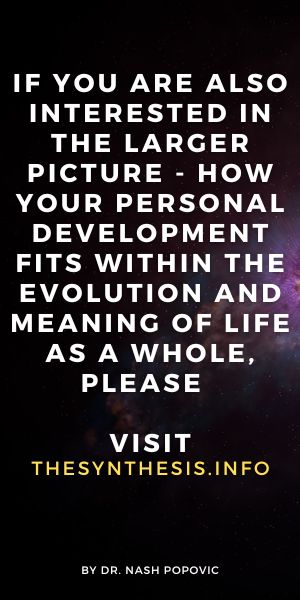Corona Virus Lessons – How to Cope With Social Isolation and Pandemic Anxiety

Written by Emma Buck
Ok, so we are sailing in unknown waters and who knows what stormy seas lie ahead.
The worldwide coronavirus pandemic is affecting all our lives, raising many questions. Will we, or our loved ones, get ill? Will we have enough money, and food to eat? How long will all this last, and what will be at the end of it? Nobody knows the answers to these questions, the situation changes daily.
We are living in a gaping hole of uncertainty, and uncertainty is the favourite breeding ground for anxiety. For all of us these are difficult times, but for people who suffer with anxiety this moment in time is very scary and can be crippling
The news doesn’t help. Absorbing ourselves in news and social media feeds is tempting as we try to know more, to gain control, but often what we read just feeds the fear. The language being used is frightening. Phrases like ‘self-isolation’, ‘social distancing’ and ‘herd immunity’ have found a home in our speech as if they’ve always been there. But they haven’t. They are new and alarming.
Inevitably the news has entered the counselling room this week, with clients spending a lot of time talking and thinking over their feelings on this. There are practical matters to be worked through and existential fears to be addressed. Silences full of question marks hang in the air.
One client said it put all her ‘little worries’ into perspective. At one time these ‘little worries’ were so huge they filled her mind and her life as she grappled for control. She has had to accept that her need to control is impossible to fulfil in this situation, and so she is more able to let go.
Another client is terrified. She says she feels as if there is a ‘war’ going on and she is battling her growing fear of the outside. The sight of empty supermarket shelves is like the ‘apocalypse’.
And yet, the human mind is amazing. Faced with one aisle where the shelves were stripped frighteningly bare – no pasta! – this client of mine rounded the corner to find fully stocked vegetable aisles. In the face of empty freezers at the other end of the supermarket she resolved to make big batches of fresh food to freeze for herself. By finding solutions to practical problems like this she is able to gain some control.
Observing clients as they work through these issues we witness the incredible capacity we have to heal ourselves. When you travel with a client to those most bleak places, you see them come up with their own solutions.
So the positives begin to emerge. It may seem impossible to imagine there are any in this situation, but my anxious clients have found some. They find solace in community spirit. Online groups are popping up to offer support to neighbours who may be in isolation and need help with fetching groceries or medicines, reminding us of the strength in community. Thinking of how to help others is useful at times like this.
Healthcare workers, teachers, cleaners, firefighters, police, supermarket staff and delivery drivers and many others are working tirelessly to keep essential services going, at significant risk to their own health. Many people are having to rely on the kindness of strangers.
Theatres and bands are live streaming performances to keep people entertained in their homes, and exercise and music teachers are utilising technology to bring people classes they can access in their living rooms. Support is appearing in imaginative and unexpected ways. There is an irony that the very technology that has been accused of keeping us apart will now be vitally important in keeping us connected. Human contact has never seemed so important, now that we can’t have it, and there is a lesson there too. As one of my clients pointed out, there is a big difference now from wartime, because then at least people could get together to sing and dance and socialise.
There could be a positive environmental impact as well. With flights cancelled and people driving and consuming less, the very measures environmental campaigners have been urging us towards, that seemed so impossible to most of us just a couple of months ago, are now happening. Water in the Venice canals is now clearer than ever. Where jobs are being lost, nature is gaining.
For two of my clients, at different life stages but both considering their future, this crisis has crystalised their resolve to find occupations that contribute to the greater good.
There will be devastating losses to life and the economy, it is undeniable and not to be trivialised, but perhaps that is not the whole story. By focusing on some positives and perhaps – dare I say it – taking a larger perspective, maybe we can gain some control over the paralysing fear that can take hold at times like this. Thinking like this can be a way of making sense of a situation that is unlike anything any of us have ever seen before.
Now, possibly for the first time ever, we wash our hands mindfully as we sing Happy Birthday twice over to measure the requisite 20 seconds and scrub the backs of our hands. Perhaps we can learn from this and expand it to other things such as eating, drinking, reading, talking, having a bath, exercising. Imagine how it would be if you appreciated and experienced every moment fully. Say to yourself ‘in this moment I am fine and all is well’. Stop. Pause. You don’t need to go anywhere. Enjoy that.
These are uncertain, unbelievable, unprecedented and surreal times. There are stormy waters to come, and many people will suffer, and who knows what kind of a world will emerge on the other side. But maybe we will have learned some lessons – on how to manage fear and tolerate uncertainty, and how to live more effectively, mindfully and kindly in this world we all inhabit together.
Personal Synthesis is a handy ‘one-stop-shop’ that brings together all the areas that play a vital role in our everyday lives, from self-awareness to intimate relationships. The materials are the result of twenty years of research and have evolved through the experience of running numerous personal development programmes with the general public, young people and university students.
To learn more, please visit the Personal Synthesis materials that cover this and many other topics.
Emma Buck
Emma Buck is a counsellor and personal consultant working with children in primary schools and adults in private practice. This is her second career. After 10 years as a journalist - where she worked for local newspapers, magazines and charities, covering politics and social affairs - Emma found herself looking for a new direction. It was after a spell of personal counselling that she had her 'a-ha' moment and decided to become a counsellor herself. She recently completed MSc in Integrative Counselling and Coaching, the only programme of its kind in the world. Emma works from a humanistic and person-centred perspective but integrates other counselling and coaching approaches as necessary, with a particular interest in narrative theory. Her research examined how combining counselling and coaching could help older people.



